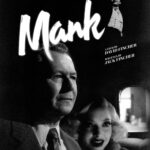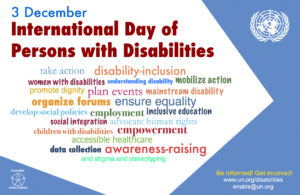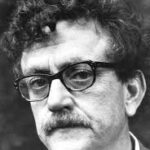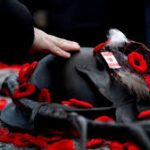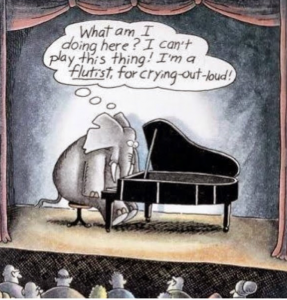We’re three weeks out now and it seems so calm. Capitol Hill has now seen another Presidential inauguration, quiet and with a brooding military aspect to it, but also a reaffirmation that maybe the adults are back in charge of the Excited States of America¹. Major media are celebrating the Biden/Harris Reset, at times with a gushing “America is back! This is who we really are!” relief that is mildly embarrassing. Canucks like me are used to American excess, like what my football-loving big sister always eye-rolled as “another Pride-Of-America halftime show”. They still believe in comic books, redemptive violence and superheroes. The noble sheriff is back in town. Batman Returns! But listen, don’t get me wrong here: I’m also relieved, as many are, that the American government seems to be on more solid footing, but these are not days of wine and roses.
¹ Tip o’ my ballcap to the great Allan Fotheringham, another one we lost in 2020.
Three Wednesdays ago, as we were treated to video of a tear-gassed woman giving her name and city, and the explanation “We’re storming the Capitol! It’s a revolution!”, and much more jaw-dropping footage, I flipped my lid. I stomped about. I muttered darkly. (I couldn’t write at all.) I was outraged. Indignant. My bride was bemused. She was thinking, It’s not my country. It’s sad to watch it suffer, of course. But it quickens the process – people are going to be shaken up and realize how much they’ve ignored the cracks in the walls. Racism. White privilege. Bipolar resentment. System failure. She’s a pragmatic person. But she wanted to understand, in the days that followed, why I was so combustible, and simultaneously so deeply disheartened, by a mob – stoned on deception and wired on the skewed perception of having been robbed – storming the Capitol building in a mighty country next to my own. I tried to explain my bubbling anger to her. I mean, I know I was fried that day, having run too far for my fitness level. And I *am* an old fart. Maybe Seasonal Affective Disorder is an Actual Thing. (“SAD AT.”) Covid-crankiness? I can’t dismiss that, either. But this was much more.
I came up with three “reasons” to explain how January 6 had knocked me on my arse. (Rationality played only a minor role.)
Actual Reason the First: I love white men. My father, brother, and most of my best buddies and mentors have been white men. I feel a brotherhood, narrow as it might seem, with white men, and in the way that family arguments can grow bitterly excessive, incidents like the Capitol storming turn me inside out. I friggin’ h–e white men. (How dare they stoop so low?) When they kill women they can’t manage, or abandon them; when they take faux-heroic stands against unsuspecting targets of their twisted resentments (a synagogue here, a Black church there); when they “revenge” themselves against innocents who happen to wander into their crosshairs (Virginia Tech, Las Vegas) or target women at a Montreal engineering school, or children at Sandy Hook elementary school – well, I’ve been known to flail about and blister the Interwebs with angry words then, too.



